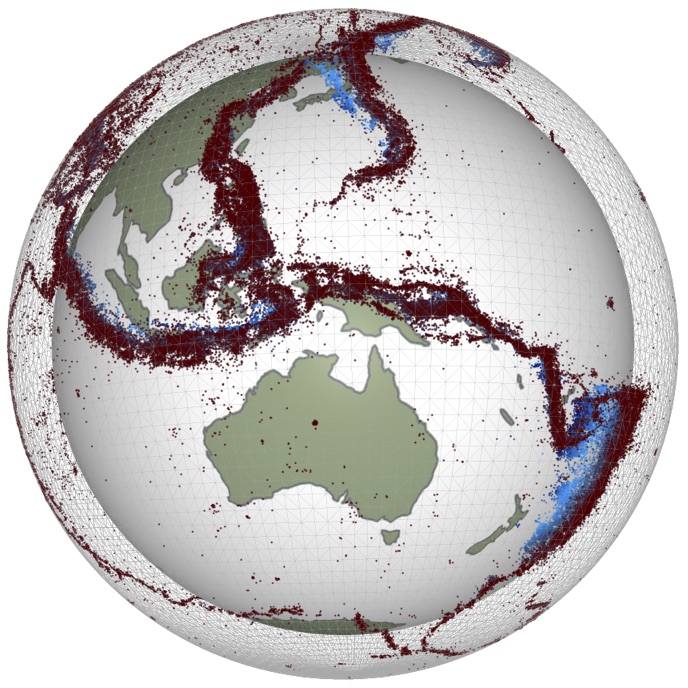Contributing to the Computational Geodynamics Primer
We welcome contributions to this book! This primer aims to provide a comprehensive introduction to computational geodynamics, covering both the theoretical foundations and practical computational methods.
Scope and Objectives
This book is designed to:
- Provide a solid mathematical foundation for understanding geodynamic processes
- Introduce numerical methods commonly used in computational geodynamics
- Bridge the gap between theory and practical implementation
- Include hands-on computational exercises using modern tools
Target Audience
- Graduate students in geophysics, geodynamics, and related fields
- Researchers transitioning to computational geodynamics
- Advanced undergraduates with strong mathematics and physics backgrounds
Topics Needed
We are actively seeking contributions in the following areas:
Mathematical Foundations
- Advanced tensor calculus for continuum mechanics
- Variational principles in geodynamics
- Asymptotic analysis and perturbation methods
Fluid Dynamics
- Turbulence and transition in geophysical flows
- Multi-phase flow in geological systems
- Reactive flow and chemical transport
Geodynamics Applications
- Subduction zone dynamics
- Mid-ocean ridge processes
- Continental deformation and orogenesis
- Core dynamics and geodynamo theory
- Planetary geodynamics
Numerical Methods
- Advanced finite element methods (mixed formulations, stabilization)
- Spectral methods for geodynamic problems
- Particle-based methods (SPH, MPM)
- Adaptive mesh refinement strategies
- Parallel computing and scalability
Computational Exercises
- Python implementations of basic algorithms
- Jupyter notebooks with interactive examples
- Benchmarking exercises
- Real-world case studies
Style Guide
Please see the Style Guide for formatting conventions and best practices.
How to Contribute
- Fork the repository on GitHub
- Create a new branch for your contribution
- Write your content following the style guide
- Test the build locally using
quarto preview WebBook - Submit a pull request with a clear description of your contribution
Questions?
If you have questions about contributing, please open an issue on the GitHub repository or contact the maintainers.
